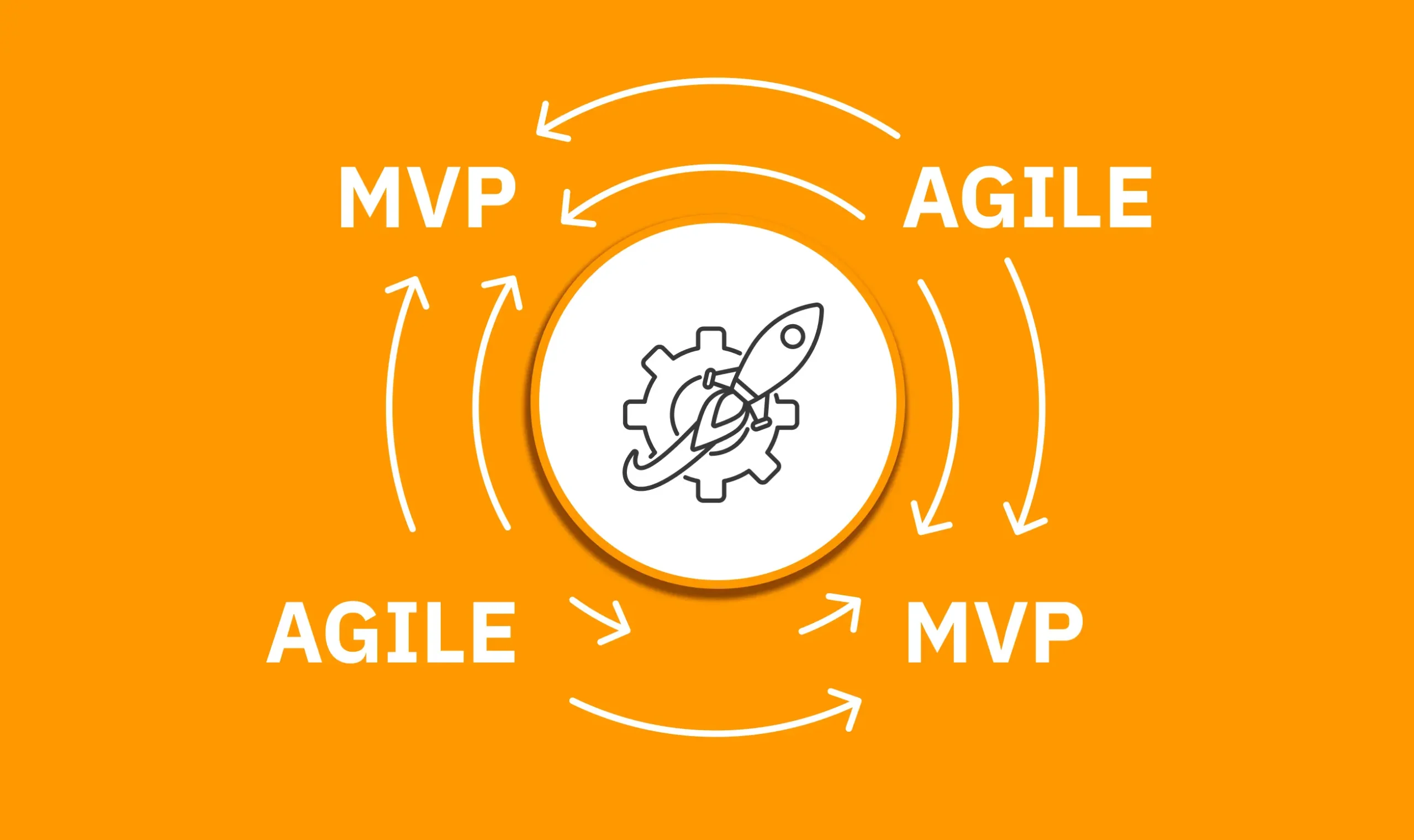What Is Kubernetes?
We are sure you already know that Kubernetes (K8s) and containers, in general, have become major trends. More and more projects move from virtual machines and servers to containers and K8s, in particular, more and people are beginning to consider the same move.
Is this a good idea? Why Kubernetes? Is this going to be a real stress for your software development team? And finally, how to do it smoothly and easily and which cloud platform to choose – all of these questions we will answer below.
The three most popular cloud platforms for hosting K8s at the moment are:
- AWS
- GCP
- Azure
We are going to analyze in detail each of these options, their advantages, and disadvantages. But first, let’s talk briefly about Kubernetes and understand why it’s a good idea to move to K8s.
What Is Kubernetes?
For those of our readers who are not yet familiar with Kubernetes, we will briefly explain what it is and what its main advantages are. K8s is an open-source solution for automatically deploying, managing and scaling containerized applications.
In case, you don’t know what “containerized applications” means it is a good idea to check’s Kubernetes documentation page which clearly explains the difference between classic applications on a server and containers.
Basically, with the former option, you have all apps on a host connected to one library, while in the case with containers every app is connected to its own separate library. Such a pair is called a container.
Kubernetes Advantages
Kubernetes is a perfect choice for deployment of containers and calls itself “a container-centric management environment”. It offers the following advantages:
- Speed
- Scalability
- Immutability
- Easy Container Management
- Horizontal Autoscaling
- Portability
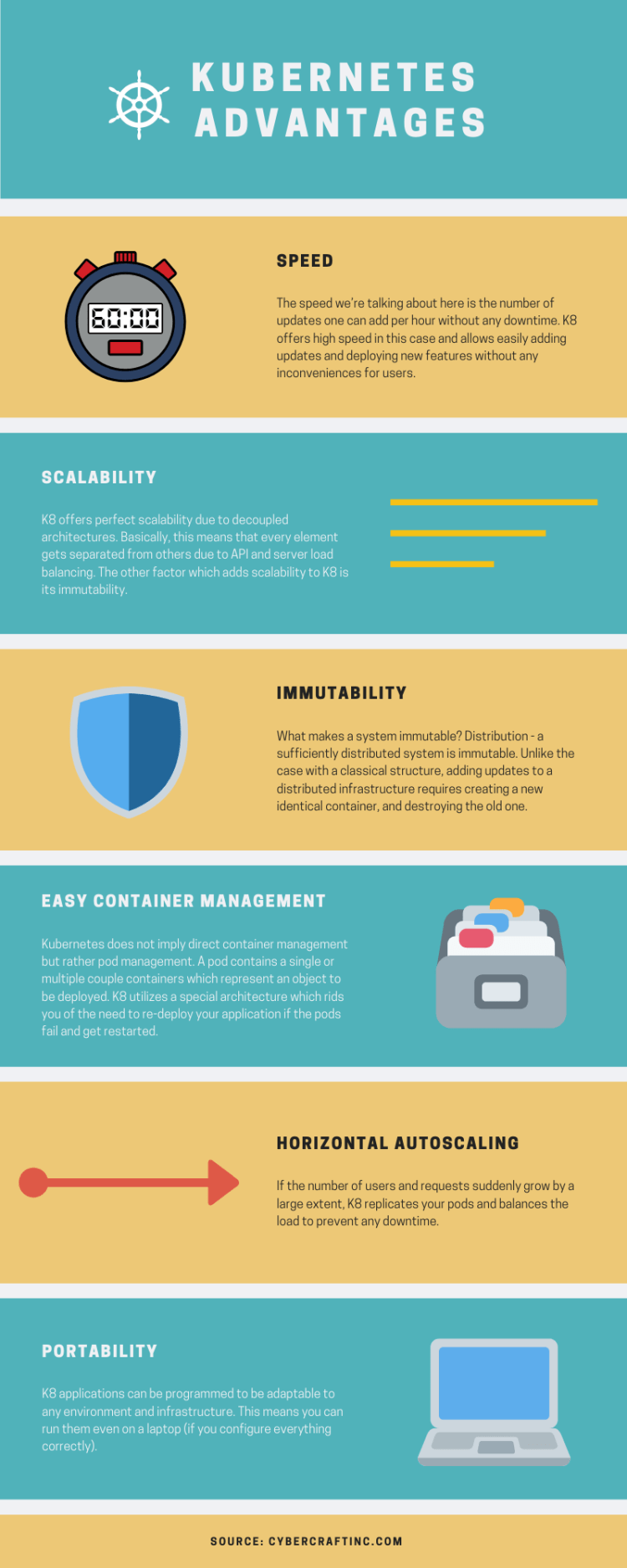
We are going to review each of these pros in detail. Let’s begin.
Speed
The speed we’re talking about here is the number of updates one can add per hour without any downtime. K8s offers high speed in this case and allows easily adding updates and deploying new features without any inconveniences for users.
Scalability
Undoubtedly, scalability is vital for the development and growth of any project. If you’re going to move to K8s, you want to be sure that you will be able to handle this growth. Fortunately, K8s offers perfect scalability due to decoupled architectures. Basically, this means that every element gets separated from others due to API and server load balancing. The other factor which adds scalability to K8s is its immutability which we will explain below.
Immutability
What makes a system immutable? Distribution – a sufficiently distributed system is immutable. Unlike the case with a classical structure, adding updates to a distributed infrastructure requires creating a new identical container, and destroying the old one.
Easy Container Management
Kubernetes does not imply direct container management but rather pod management. A pod contains a single or multiple couple containers which represent an object to be deployed. K8s utilizes a special architecture which rids you of the need to re-deploy your application if the pods fail and get restarted.
Horizontal Autoscaling
If the number of users and requests suddenly grow by a large extent, K8s replicates your pods and balances the load to prevent any downtime.
Portability
K8s applications can be programmed to be adaptable to any environment and infrastructure. This means you can run them even on a laptop (if you configure everything correctly). Having seen the advantages of K8s, let’s proceed to analyze the best cloud services for Kubernetes.
Top 3 Cloud Services for Installing Kubernetes
Choosing the most suitable environment for your project is vital for the successful running of your apps. Every project is different as well as the cloud services we are going to analyze. They are provided by the three global tech giants: Amazon, Google, and Microsoft. Each of them has created its own solutions for hosting K8s clusters on their platforms which we will also review below.
Amazon Web Services (AWS)
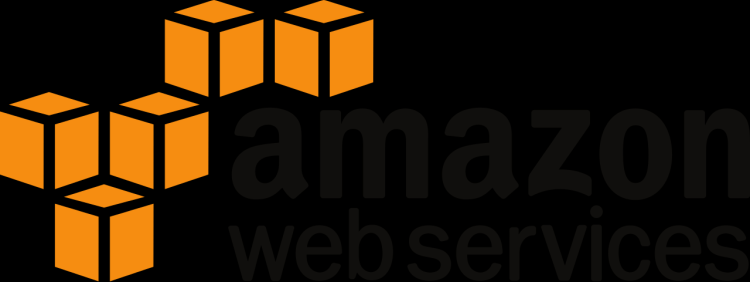
Amazon is the most popular solution at the moment. It’s also one of the most popular ones. It utilizes own solution in a form of a container orchestrator, Elastic Container Service (ECS) which differs from Kubernetes. There exists a special solution for K8 clusters – Kubernetes Operations (kops) which is the most widely used option for this purpose. It is an open-source project on GitHub. It utilizes declarative configuration.
We recommend using Kops for AWS. It offers the following advantages for Kubernetes clusters:
- Deployment of HA K8s master nodes
- Upgrading K8s master nodes
- Upgrading, adding or removing worker nodes
- Private and public topologies support
- Heterogeneous cluster support
- Compatible with Terraform and CloudFormation
- High level of configurability
Along with these, there exist the following disadvantages:
- Absence of support for K8s in management console; you have to use kops or some other service
- Kops configurations have to be managed and require backups
The bottom line is, while Kops offers vast functionality and advantages, it’s not perfect and does not ensure a stress-free process of deployment and management of your K8s clusters. It still requires a little bit of manual management and backups and offers no support in AWS management console. Having reviewed AWS and Kops, let’s analyze the second option we have which is…
Google Cloud Platform (GCP)
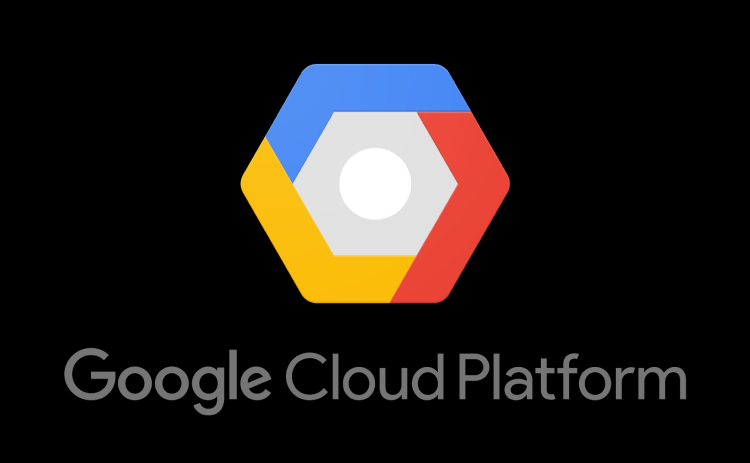
Similarly to AWS, GCP offers its own K8s solution – Google Container Engine (GKE). In fact, in case you still don’t know Google is the creator of Kubernetes. For this reason, it logically makes sense that Google’s platform should be best adapted for K8s.
Google Cloud Platform offers the following advantages:
- Automated Control and Configuration. With GCP, you get a fully automated Kubernetes cluster.
- Integration of All Google Services. With GKE, you get full integration and access to Google’s services.
- Easy infrastructure. GCP removes most of the headache related to managing the infrastructure.
- Continuous Delivery Pipeline. It is possible to add updates on a continuous basis while a cluster is running.
As for cons, the only noteworthy disadvantage is that GCP does not allow accessing master nodes and changing advanced settings. Finally, we’ve got one more candidate which is…
Microsoft Azure

Similarly to Google and Amazon, Microsoft’s Cloud platform, Azure, has its own solution for hosting K8s clusters – Azure Kubernetes Service (AKS). It was released for public use in July 2018. Prior to that, Azure offered a different K8s solution – Azure Container Service (ACS).
The latter is different in many ways from AKS which creates certain difficulties for those who wish to migrate to AKS. For this reason, if you are considering using Azure for K8 it’s better to use AKS. Let’s see the advantages of this solution:
- No per-cluster charges. You pay only for the resources consumed.
- Less debugging headache. Auto-upgrades, self-healing, and patching remove much headache and time costs related to debugging.
- Agile-friendly. AKS supports Continuous Integration, dev-ops, Continuous Deployment, and other Agile programs.
- Security. Administrators control access to Azure Active Directory. This lets administrators restrict and manage access to group identities.
However, there are also two important cons you must be aware of:
- AKS API permits specifying K8s versions but does not permit specifying Docker version for installation
- Difference in the cluster name validation between CLI and AKS API
If these two issues are not crucial in your case then you may want to seriously consider hosting your K8s clusters on Azure with the help of AKS. Having analyzed our three options, let’s sum things up and see which option is best for you.
Conclusion - Which Cloud Platform Is Best for Hosting Kubernetes Clusters?
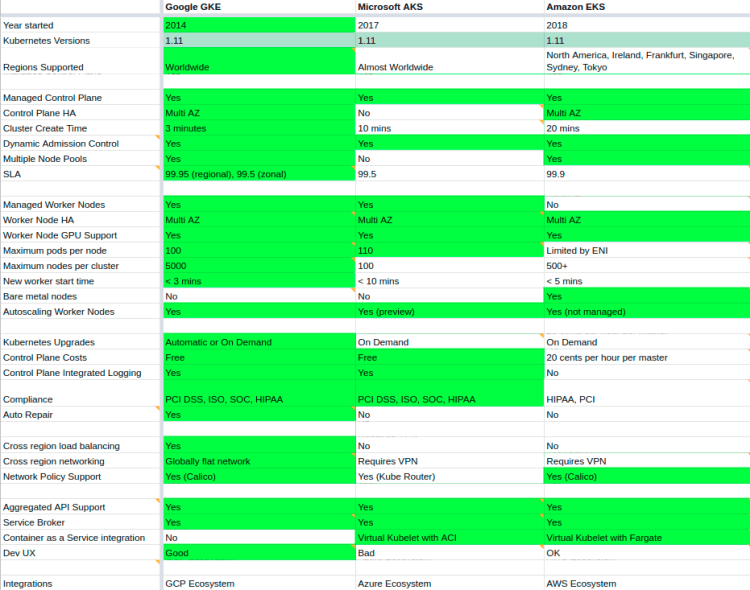
The conducted analysis and the rich experience of our own cloud application development team show that there is no 100% win-win option. Which platform is right for you depends on the scale, peculiarities, and goals of your project. If accessing master nodes and changing advanced settings is not crucial, then Google Cloud Platform is the best option for you. We would say it is the best option for most projects, in general.
Otherwise, consider Amazon Web Services. If the two options do not fit your project’s requirements, then finally, consider Azure. Which platform you select will have a decisive impact on the success of your project. Therefore, by all means, take your time and carefully analyze each of the options to ensure it matches your project’s goals and requirements to a sufficient extent.





